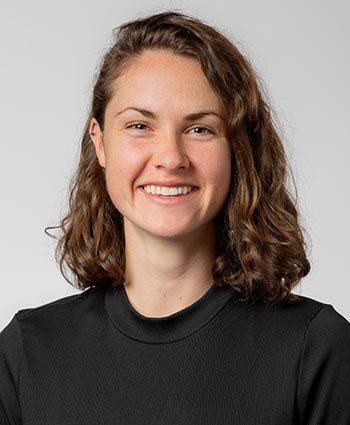
Amanda Farthing is a researcher and model engineer in the Integrated Application Center. Her current work includes expanding off-grid capabilities and climate and health emissions accounting within NREL's REopt tool, a techno-economic model that determines optimal deployment of on-site generation and storage technologies. Farthing also utilizes REopt to provide technical assistance for domestic and international stakeholders to support their renewable energy, resilience, climate, and financial goals. Farthing has experience in energy optimization, techno-economic modeling of distributed energy technologies, community solar, and supporting local government's energy plans.
Research Interests
Quantifying value streams of distributed energy resource deployment
Techno-economic optimization of integrated energy systems
Energy access and energy justice
Education
M.S.E., Mechanical Engineer, University of Michigan, College of Engineering
M.S., Sustainable Systems, University of Michigan, School for the Environment and Sustainability
B.S., Industrial Engineering, Clemson University
Featured Work
Optimizing Solar-plus-Storage Deployment on Public Buildings for Climate, Health, Resilience, and Energy Bill Benefits, Environmental Science and Technology (2021)
A Performance Evaluation Framework for Building Fault Detection and Diagnosis Algorithms, Energy and Buildings (2019)
Advances in Calibration of Building Energy Models to Time Series Data, 2018 ASHRAE Building Performance Analysis Conference (2018)
Energy Savings and Usability of Zero-client Computing in Office Settings, Intelligent Buildings International (2018)
The Demand-side Grid (dsgrid) Model Documentation, NREL Technical Report (2018)
Utility-scale Solar PV in South Carolina: Analysis of Suitable Lands and Geographical Potential, BioPhysical Economics and Resource Quality (2016)
Share

